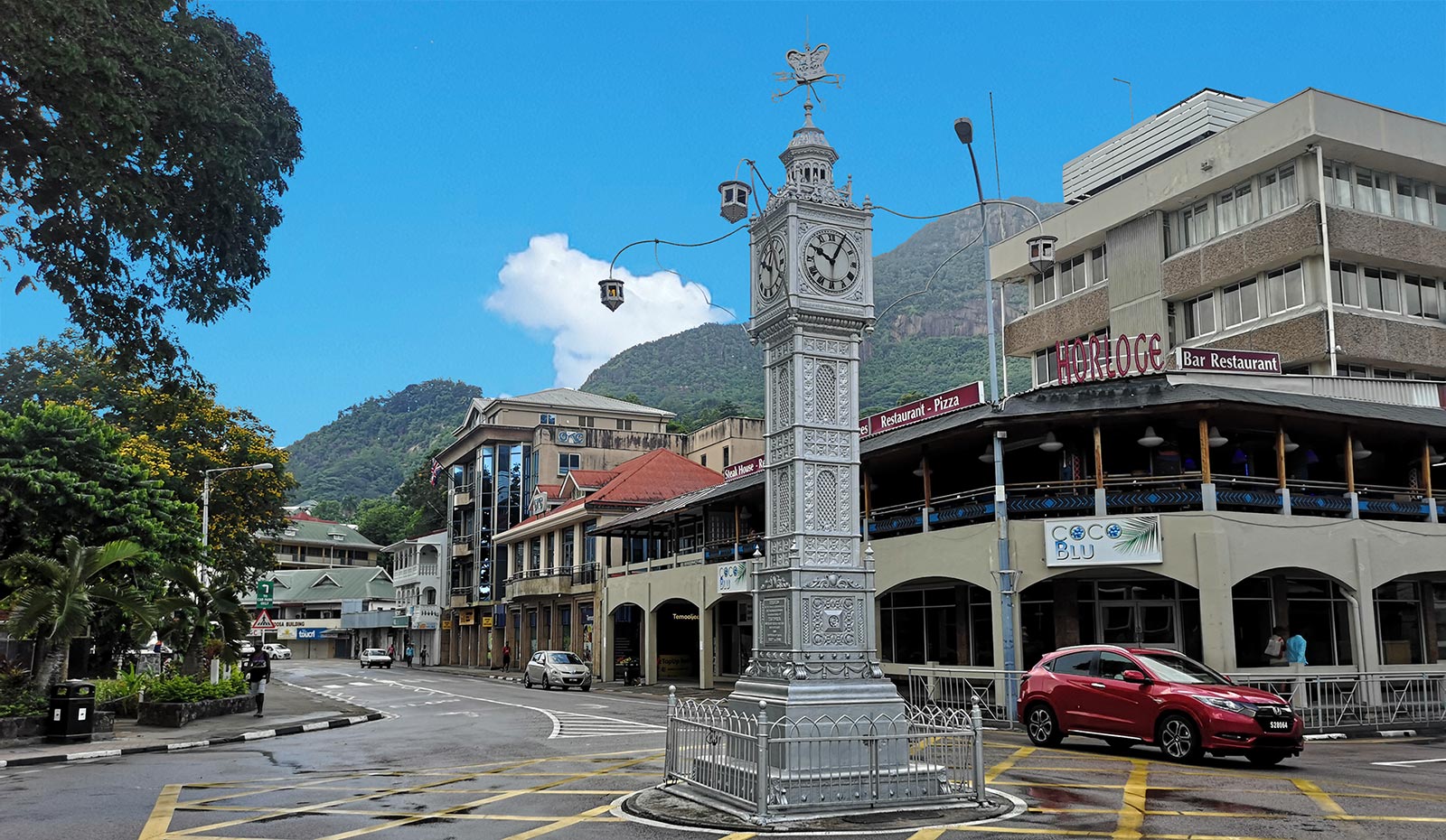01 Mar Zero Discrimination Day 2018
“Act to change laws that discriminate” is the chosen theme for this year’s Zero Discrimination Day today (1st March).
Although launched by UNAIDS to fight the stigma of people living with HIV, Zero Discrimination Day can also provide us with the opportunity to reflect on and ensure that our laws do not discriminate against any group of our people or allow any person to be deprived of their human rights and fundamental freedoms. No law should exclude any of our citizens or subject them to restrictions based on their race, gender, sexual orientation, health, age, language or for any other reason.
Article 27 of the Seychellois Charter of Fundamental Human Rights and Freedoms contained in our Constitution guarantees that every person has a right to equal protection of the law without any discrimination.
The Office of the Ombudsman is tasked with looking out for and acting to change any existing laws that discriminate against our citizens and to keep a close watch on any new laws that could have the same effect.
Schedule 5 of the Constitution gives the powers to investigate any violation of human rights resulting from maladministration by public authorities. Maladministration may come in many forms and sometimes involves discrimination. Sometimes two citizens with the same problem and similar background facts are treated differently resulting in different results.
In such instances, the Ombudsman will enquire into the matter to determine the circumstances upon which the two cases were based. What did the law or regulation say in respect of the facts involved? What action did the public officer take and was it justified? Where the officer followed the law to the letter and the end result was discriminatory, it is obvious the problem lies with the law. In which case the Ombudsman will make recommendations to change the law and not only protect the victim of discrimination but also eradicate any potential discrimination in the future.
If we want to eradicate discrimination, we must all be willing and determined to take a stand towards that fairer and just society. We must educate ourselves about discrimination and its impact on society and future generations. We must learn to recognise and detect discrimination in our everyday life and when we do, we must voice concern and speak up against it. Appealing for change is well within our right and institutions such as the Ombudsman can be approached since we can act to make the change happen.
‘Acting to change laws that discriminate’ is a collective effort that involves all of us as individuals as well as the law makers. Results will not come overnight. But through raising awareness and being open to change, we can develop a society where discrimination does not exist. That is our ultimate objective.
Nichole Tirant-Gherardi
Ombudsman



